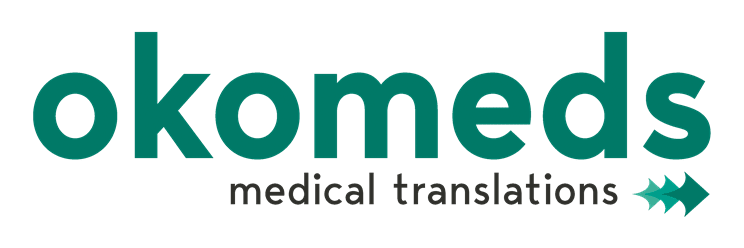
15 Jun Translation of pharmaceutical documents, research and clinical trials
Pharmaceutical translation has its own niche among translation services and the demand for specialised medical translators has increased in recent years. Focusing on the pharmaceutical industry, we easily land on global marketing authorisation approvals of the competent organisms worldwide, patents and clinical trials, protocol documents, case reports, synopsis, label texts, brochures, packaging texts, training documents, informed consent forms, and pharmacological instructions. All of which are pharmaceutical documents.
There are many regulations in this industry that cover from product development to marketing and that differ from country of origin to the country where product is finally going to be marketed. So, medical translation of the required pharmaceutical documents is a must for drug registration and medical translation of the summary of product characteristics, package leaflets and labeling are essential for any approval.
How are CROs part of the process?
As CROs have become a part of the drug development process in the pharmaceutical industry and they also work with specialised medical translators, they have to make sure that the translations of pharmaceutical documents are not leading away from the meaning that was originally conveyed. This can happen easier than you think, as languages tend to merge and blend into each other, specifically in technical fields, such as pharmaceutical translation, adopting foreign terms and structures, borrowing lexic… for example, false friends, or words that look very similar but which actually have different meanings, can be among the biggest challenges.
This is why certified translators and interpreters in the medical field are generally well searched for. Anything to avoid the costs of claims or clinical errors. Therefore, being a medical translator involves translating the refereed too pharmaceutical documents, as well as, publications for medical journals, patients’ medical histories, marketing materials, translations for medical devices, medical market research surveys or even hospital discharge documents. As regards approval procedures, only in the EU there are four approval procedures, so medical translation experts must be also familiar with this type of regulations.
How are CROs part of the drug development process?
Most important pharmaceutical documents to be translated
Translating the Summary of Product Characteristics (SmPC) is one of the most important tasks, both for CROs and the Pharmaceutical industry, as it must pass the approval of the drug regulatory authorities of all the countries where the drug is going to be marketed. Translation includes a previous phase where the translation provider must do a detailed review of referred to document, the package leaflet and the labeling, and the translation agency along with the market requirements, must also consider format, layout and style. On the other hand, the summary of Product Characteristics is the basis of the PIL (Patient Information Leaflet) content.
It is common that research and clinical trials are done in different countries from those were the drug was originally developed. That means that there is a need to translate pharmaceutical documents concerning research and clinical trials. The amount of documents has also produced a growing offer of translation specialised services, with the result of a high demand on both quality and delivery time.

Picking the best medical translation services taking into account what is at stake
Sometimes time translating pharmaceutical documents can mean coming first or second for a drug registration, with the consequent backlogs, rejections and lawsuits. And it is important not to forget that pharmaceutical industry invests millions, and anything related to drugs implies high responsibility.
All this has to be taken into account when picking the right medical translation services vendor. Timeliness, accuracy, the right native speaker experts, deep knowledge of the terminology, familiarity of the culture of other target market are essential when transaing pharmaceutical documents. And do not forget that even with all these requirements, an outstanding quality control system must be in place.






Sorry, the comment form is closed at this time.